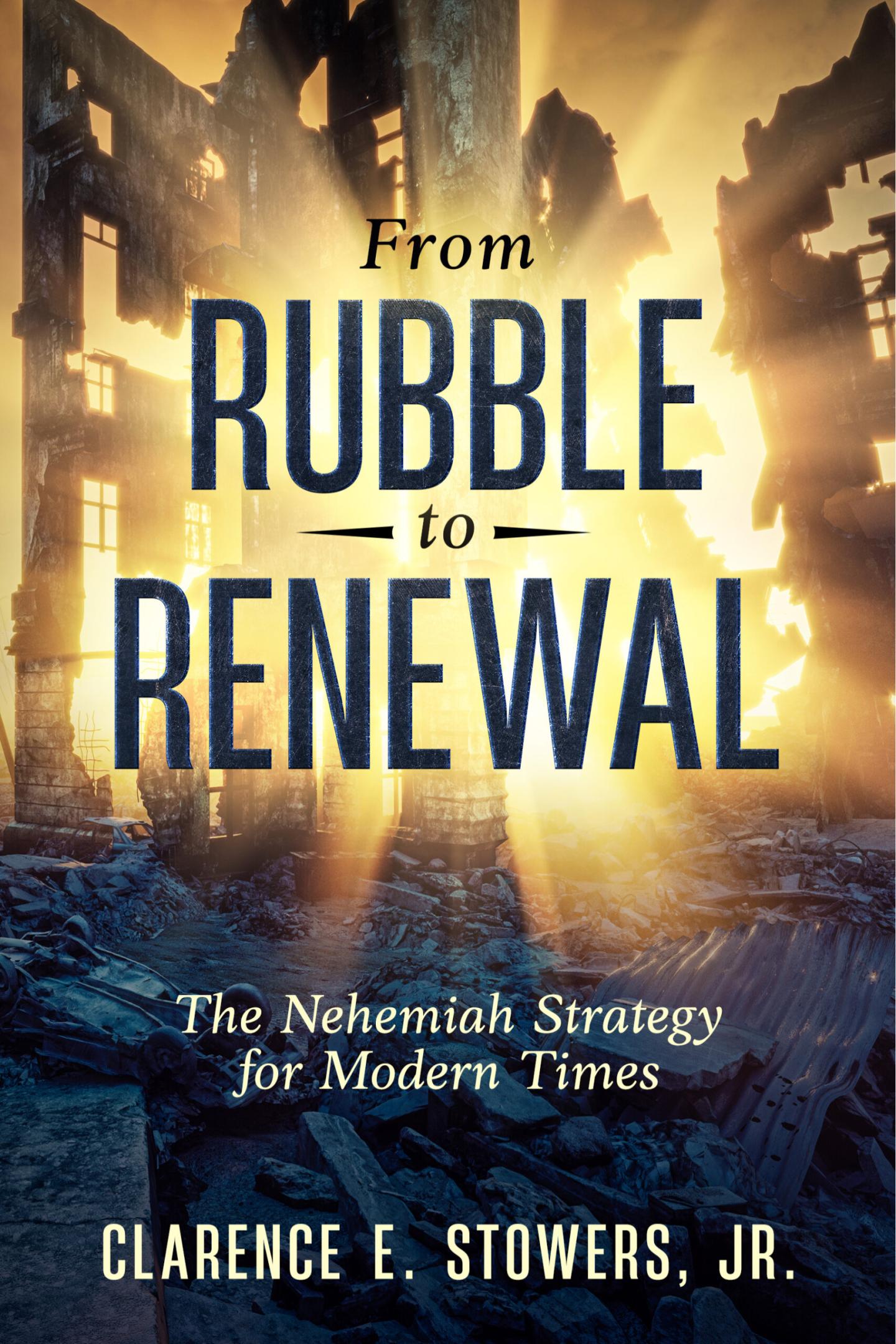Most people don’t take into account how many mistakes account for success. For some there is the idea that if you fail it’s the end: The end of the world, the end of the opportunity, the end to your chances for success. In reality the opposite is true. Mistakes are good for you because mistakes provide the biggest opportunity for growth, learning and development.
Why Mistakes Can Be Good for You
The only complete mistake is the mistake from which we learn nothing. Jacob Braude
Of all the great scientific breakthroughs, inventions or discoveries, not one of them achieved success on the first attempt. In fact when Thomas Edison was ridiculed for his more than 200 failed attempts to create a light bulb, his response was not full of self-pity or anger. Instead in his defense, he simply stated that he’d learned more than 200 ways of how not to do it. For Thomas Edison every mistake was a learning opportunity. How many of us could do the same?
There is a tendency when we make mistakes to get mad at ourselves. We tell ourselves that we should have known better, been more careful or thought it through more. But in reality we will never know it all. Making mistakes is simply part of living. The bible tells us that much: “For we know in part……but when perfection comes, the imperfect disappears.” 1 Cor 13:9,10.
So if in this life it is a certain thing that we will never know it all, how can we expect to not make mistakes? Think about that for a minute.
What are Mistakes Good for?
- Mistakes are good for giving us a wake-up call. Too often we get comfortable, we slip into cruise control and think that life should be easy. Mostly when life feels easy it is because we aren’t pushing forward, learning or growing. Mistakes remind us that life is not about cruising and that we can’t just sit back, we need to live life.
- Mistakes are good for making us change track. A mistake can show you how not to do things and free you up to look for other possible solutions.
- Mistakes can make us appreciate what we have. Then instead of looking back and focusing on the mistake we have an incentive to move forward.
- Mistakes make us appreciate those around us. People that support and encourage us. It also enlightens us to who we don’t need in our lives. Like those who speak discouragement and negativity.
- Mistakes are good for making us innovate. If one thing doesn’t work you can try another, and another, until you find the right solution.
- Mistakes are good for making us stronger. As we learn from mistakes we grow. We get stronger – mentally, physically, spiritually and emotionally.
Most importantly it is your perspective on mistakes that will make the most difference. If you wallow in mistakes and refuse to move forward, you are not allowing yourself to grow. If, however, you view mistakes as an opportunity to learn and try something new, then mistakes will be your stepping-stones to success.
Photo Credit:
The Single Mom’s Playbook




